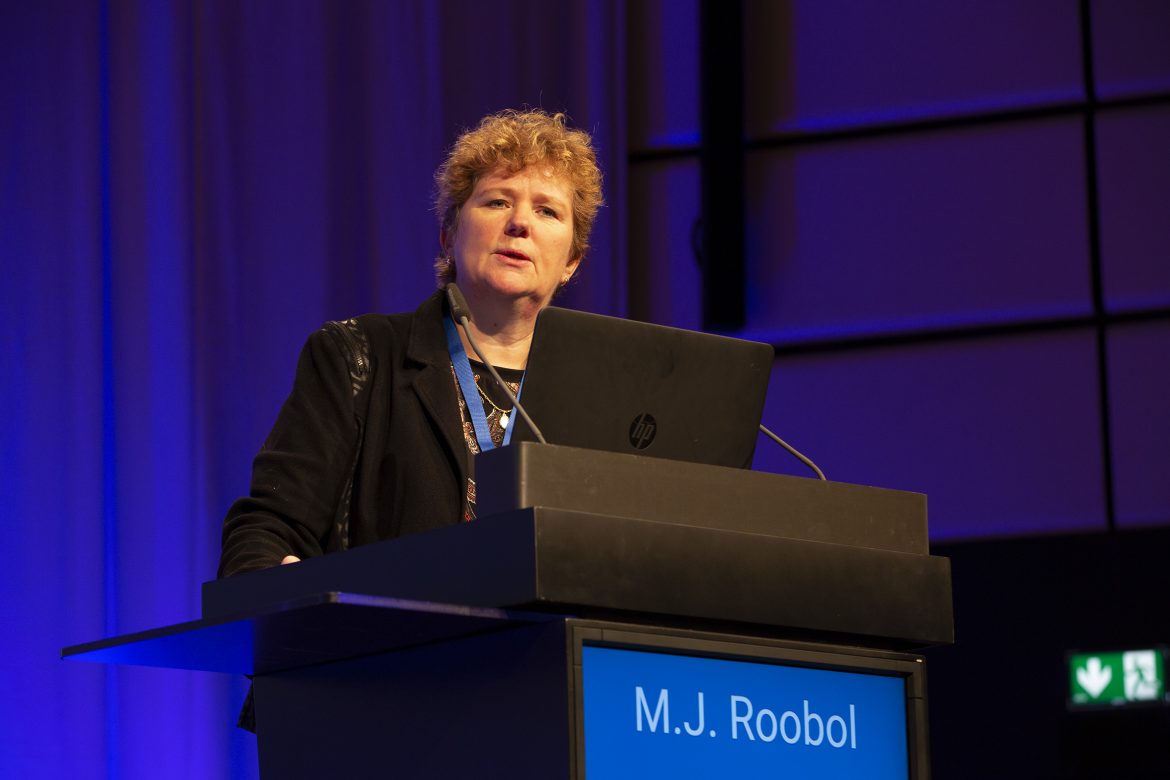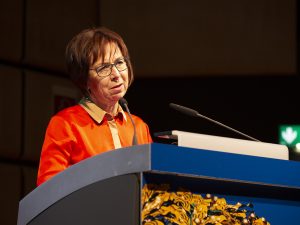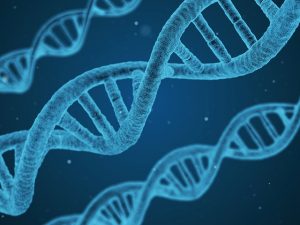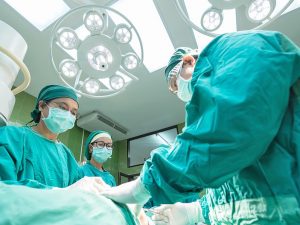The “Highlights in GU cancers” session commenced today on day two of 11th European Multidisciplinary Congress on Urological Cancers (EMUC19). The session was chaired by Dr. Jochen Walz (FR) and radiologist Prof. Dr. Raymond Oyen (BE).
APCCC outcome
In “Results of the APCCC meeting”, Prof. Dr. Nicolas Mottet (FR) presented the outcome of the Advanced Prostate Cancer Consensus Conference (APCCC), a consensus meeting which consisted of a round of 123 questions answered by 57 panel members. The members were comprised of medical oncologists (44%), urologists (30%), clinical oncologists (14%) and radiation oncologists (12%) from Europe (42%) and North America (35%). Voting results higher than 75% were considered a consensus.
Specific questions were based on 10 controversial areas of prostate cancer (PCa) such as locally advanced PCa, biochemical recurrence of PCa after local therapy, management of primary tumour in the metastatic setting, to name a few.
Only 36 questions out of the 123 had consensus, such as the 80% vote for PSMA PET CT/MRI (plus/minus pelvic MRI) as the recommended imaging modalities in rising prostate-specific antigen (PSA) levels after radical radiation therapy of the prostate. About 87.3% voted for the same modalities in rising PSA levels after radical prostatectomy.
ESUI19 recap
In “Highlights from ESUI” by ESUI Chairman Prof. Georg Salomon (DE), presented a recap of the 8th Meeting of the EAU Section of Urological Imaging (ESUI19) which included the shrinked ultrasound scanners to which he underlined that although the devices are getting better, clinical impact is related to the abilities and experience of the doctor with regard to ultrasound.
Prof. Salomon also reiterated one of the core messages of the ESUI19 lecture “Blessing or curse: Machine learning in MRI reading – Key issues” presented yesterday by Prof. Henkjan Huisman (NL) that although artificial intelligence (AI) help improve the workflow and prevent missing significant cancers, AI does not help the avoidance of unnecessary biopsies.
EAU RF updates
Prof. Anders Bjartell (SE) shared the future aims of the EAU Research Foundation (EAU RF) in his lecture “The EAU Research Foundation: Trials in progress”.
These aims included expanding EAU RF’s portfolio of investigator-initiated oncology and non-oncology clinical trials through seeding grants and other set-ups; more interactions with the Young Academic Urologists (YAU); connecting with eUROGEN in research projects; holding more consensus meetings; and collaborating with the EAU Guidelines Office.
Prof. Bjartell congratulated Dr. Veeru Kasivisvanathan (GB) and Dr. Melanie Rosalia Hassler (AT) as the recipients of the seeding grant for 2019.
PRIAS overview
In her presentation“Highlights from PRIAS”, Prof. Dr. Monique Roobol (NL) shared an overview of yesterday’s PRIAS meeting.
Initiated in 2006, the PRIAS (Prostate Cancer Research International Active Surveillance) is a web-based international prospective registry study to validate the AS approach for low-risk PCa and to develop an evidence-based algorithm.
“PRIAS continues to grow. It’s a successful concept due to the digital support of the website. Our data is not from a highly-controlled clinical trial; it reflects what goes on and indicates how the Guidelines is translated into daily clinical practice. We also gain knowledge on AS practices worldwide. And I’m pleased to announce PRIAS is legally up-to-date; we abide by the GDPR.”
Prof. Roobol stated that the PRIAS website will be updated and that they will address the growing interest in lifestyle and food issues. “Our study is flexible; we can culminate these kinds of pursuits next to our PRIAS protocol.”
According to Prof. Roobol, PRIAS is “alive and kicking” and encouraged the audience to join the “largest prospective AS database which is flexible to adjust to new insights and initiate new studies.”





